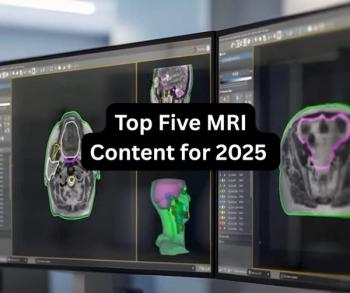
SCAI announces percutaneous coronary intervention guidelines for hospitals not equipped for cardiac surgery
The Society for Cardiovascular Angiography and Interventions has released a document recommending the adoption of stringent quality standards by those who perform percutaneous coronary intervention in hospitals not equipped for cardiac surgery.
The Society for Cardiovascular Angiography and Interventions has released a document recommending the adoption of stringent quality standards by those who perform percutaneous coronary intervention in hospitals not equipped for cardiac surgery.
The consensus document, summarized in a Feb. 1 news release, recommends that PCI programs operating without onsite cardiac surgery follow these minimum standards:
- maintain case volumes of at least 200 PCIs per year
- employ highly skilled interventional cardiologists who have performed more than 500 PCIs throughout their career, have an annual case volume of more than 100 PCIs, and meet national benchmarks for procedural success and complication rates
- train all support personnel in the management of PCI patients
- select patients carefully to control the risk of complications
- establish a close alliance with cardiovascular surgeons, including formalized and tested protocols for emergency transfer of patients
- activate emergency transport at the first clear signs of a PCI complication, ensuring that time to initiation of cardiopulmonary bypass does not exceed 120 minutes
- collect appropriate outcomes data and submit them for comparison with state or national performance standards
The document represents the consensus of a panel of experts in interventional cardiology. It acknowledges that an increasing number of patients suffering from heart attack or coronary artery disease are undergoing stenting and other catheter-based heart therapies in hospitals without onsite cardiac surgery, both in the U.S. and around the world.
The guidelines were endorsed by 12 medical societies representing more than a dozen countries, including Australia, Belgium, Brazil, Bulgaria, Egypt, the U.K., India, Italy, Latvia, New Zealand, Poland, Venezuela, and countries from the Asia-Pacific region, according to the release
"This is not an open endorsement of PCI without onsite surgical backup. Instead, we are acknowledging that it may be appropriate in some settings and offering our expert consensus on how such programs should be organized, supervised, and performed," said SCAI president Dr. Gregory J. Dehmer, chair of the panel.
Many studies have shown that PCI is a highly effective treatment for heart attack that offers key advantages over clot-busting drugs, according to the release. Rapid treatment is critical, however. Patients benefit most when blood flow is restored within 90 minutes, a goal that can be considerably more difficult to meet if patients must be transferred to a PCI center with cardiac surgery. As a result, PCI for heart attack is being performed in hospitals without onsite cardiac surgery in all but 10 states.
"The advantages of PCI for the treatment of heart attack patients started the movement toward PCI without onsite surgery, especially in smaller communities without cardiac surgery," Dehmer said. "The sooner the patient undergoes PCI, the better."
The complete text of the consensus document, an executive summary, and an editorial by Dehmer are posted online at www.scai.org.
For more information from the Diagnostic Imaging archives:
Newsletter
Stay at the forefront of radiology with the Diagnostic Imaging newsletter, delivering the latest news, clinical insights, and imaging advancements for today’s radiologists.












